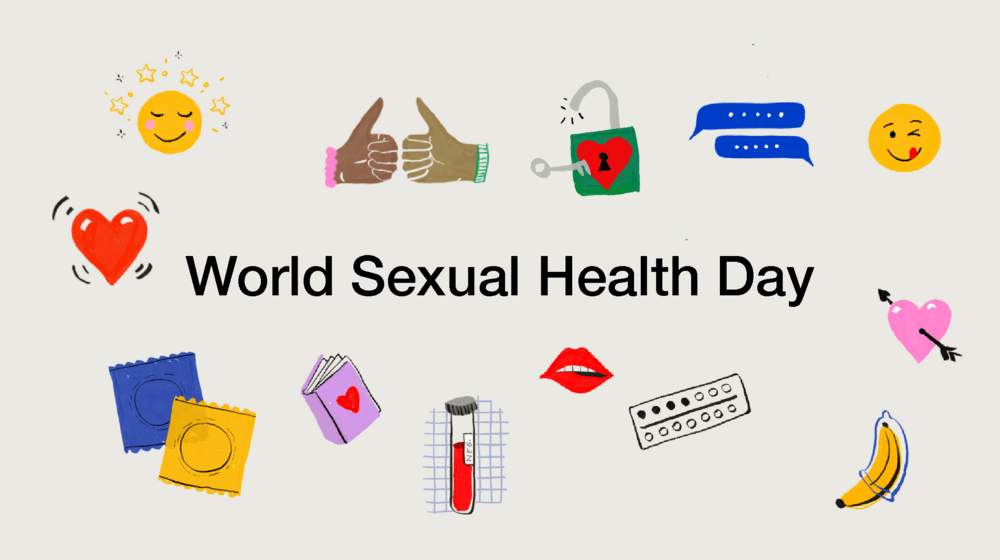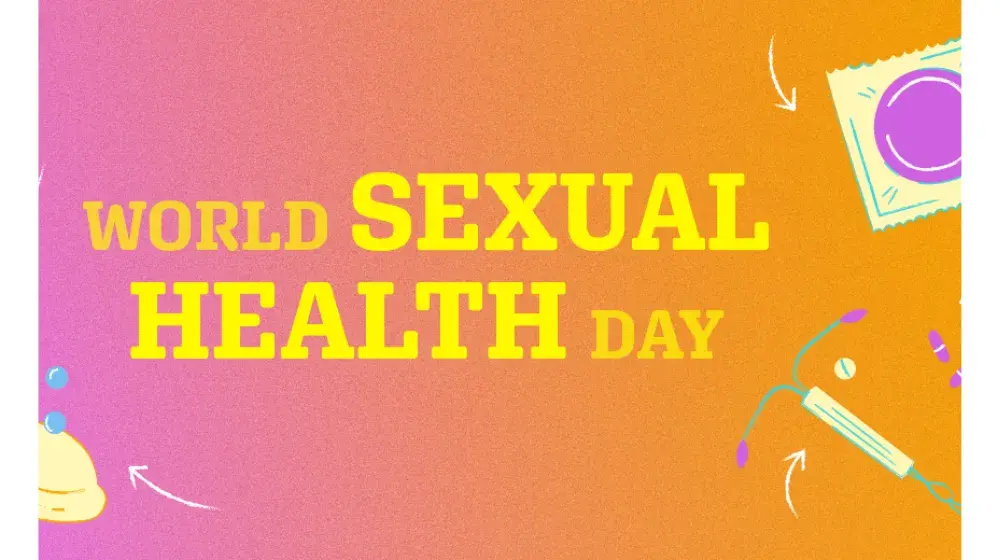Sexual health is not just about the absence of disease.
Positive relationships grounded in mutual respect, empathy and understanding are a cornerstone of sexual health and well-being.
As we celebrate World Sexual Health Day this year, positive relationships take the spotlight. Indeed, when partners prioritize each other’s sexual health – and understand that it is a shared responsibility – communication, trust and reproductive health outcomes improve.
One key to developing positive relationships is comprehensive sexuality education – the process of teaching the emotional, physical and social aspects of sexuality. This empowers everyone, especially women and girls, to form good relationships and protect their sexual and reproductive health and rights.
Access to quality information promotes the use of sexual and reproductive health services, which enable the prevention, early detection and treatment of HIV and other sexually transmitted infections. Sexuality education also encourages factual, non-judgmental discussions of sensitive topics, which can help young people understand and communicate effectively about matters of sexual health.
The expression of sexual health and well-being within relationships should be enjoyed without fear of violence. Every person above the legal age of consent should have the opportunity to engage in relationships that are not only safe and healthy, but also deeply satisfying and fulfilling.
In positive relationships, choices are respected, and autonomy is upheld. Yet gender-based violence is alarmingly prevalent, with prevention and response efforts in urgent need of investment and political support.
UNFPA promotes sexual health across the world by advocating for every person’s right to bodily autonomy and supporting access to essential sexual and reproductive health services, without discrimination. In times of stability and crisis alike, UNFPA works to ensure access to contraception, comprehensive sexuality education, maternal health, and services to prevent and respond to gender-based violence and harmful practices such as female genital mutilation and child marriage.
“When women and girls can make the most fundamental choices about their bodies, they not only gain in terms of autonomy, but also through advances in health and education, income and safety,” UNFPA Executive Director Dr. Natalia Kanem has said. “These add up to a world of greater justice and human well-being, which benefits us all.”
Some facts about sexual health in Peru:
- Since 1994, the year of the ICPD, the number of women of reproductive age (15 to 49 years) in Peru has increased by approximately 50%, from 6.1 to 9.1 million. This growth already hinted at the changing needs and demands for sexual and reproductive health services, among many others, with projections estimating that by 2030, the number will be around 9.5 million. Source: United Nations, Department of Economic and Social Affairs, Population Division (2022). World Population Prospects 2022, Online Edition.
- In 2024, by epidemiological week 34, two-thirds of the year, the maternal mortality outlook shows no progress; rather, it has worsened. Just like in 2023, there have been 170 maternal deaths accumulated so far, averaging 5 per week. Source: https://app7.dge.gob.pe/maps/muerte_materna/.
- According to the 91/92 ENDES, 1 in 4 pregnant adolescents would have preferred to delay their pregnancy. By 2023, this number has risen to 3 in 4, a trend reinforced by the pandemic, which, if not addressed, could lead to more abortions and maternal deaths.
- In 2023, 1 in 6 adolescent pregnancies ended in miscarriage, abortion, or stillbirth. (ENDES 2023).





